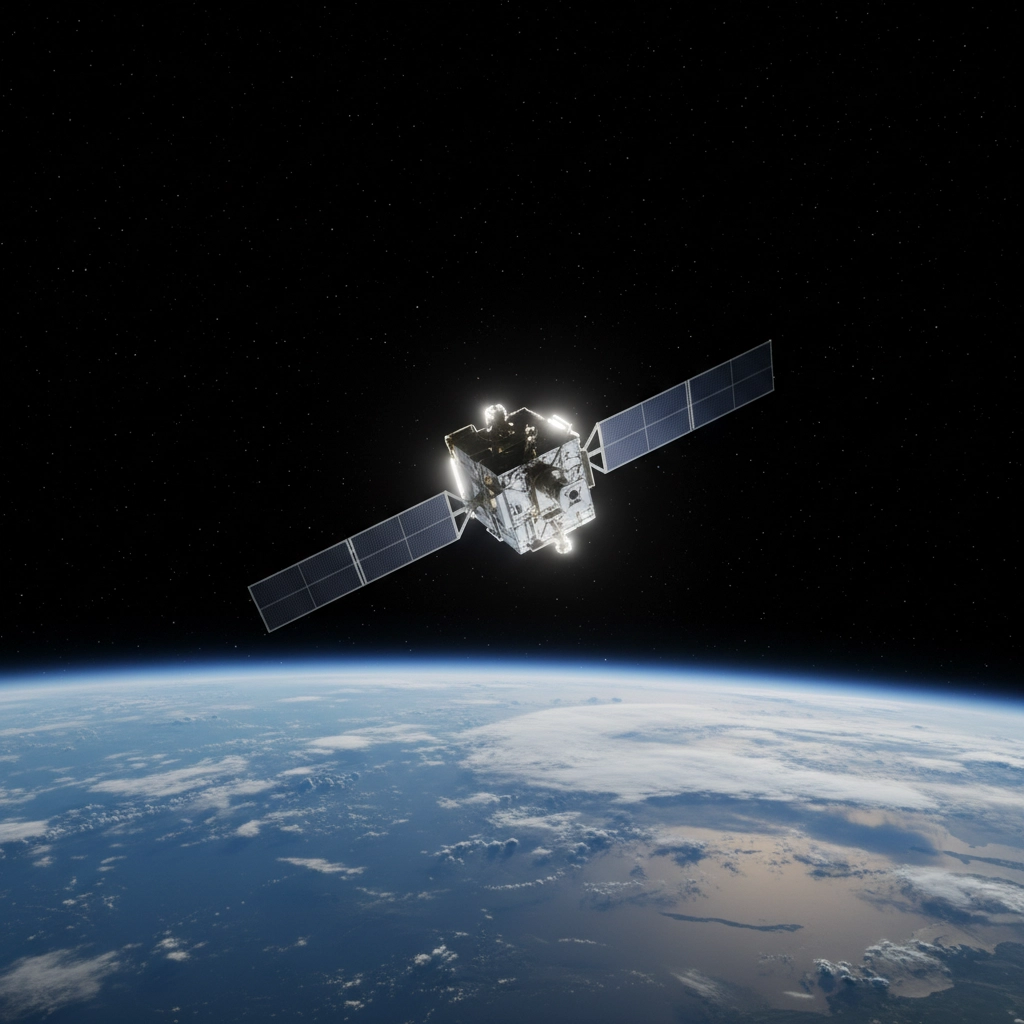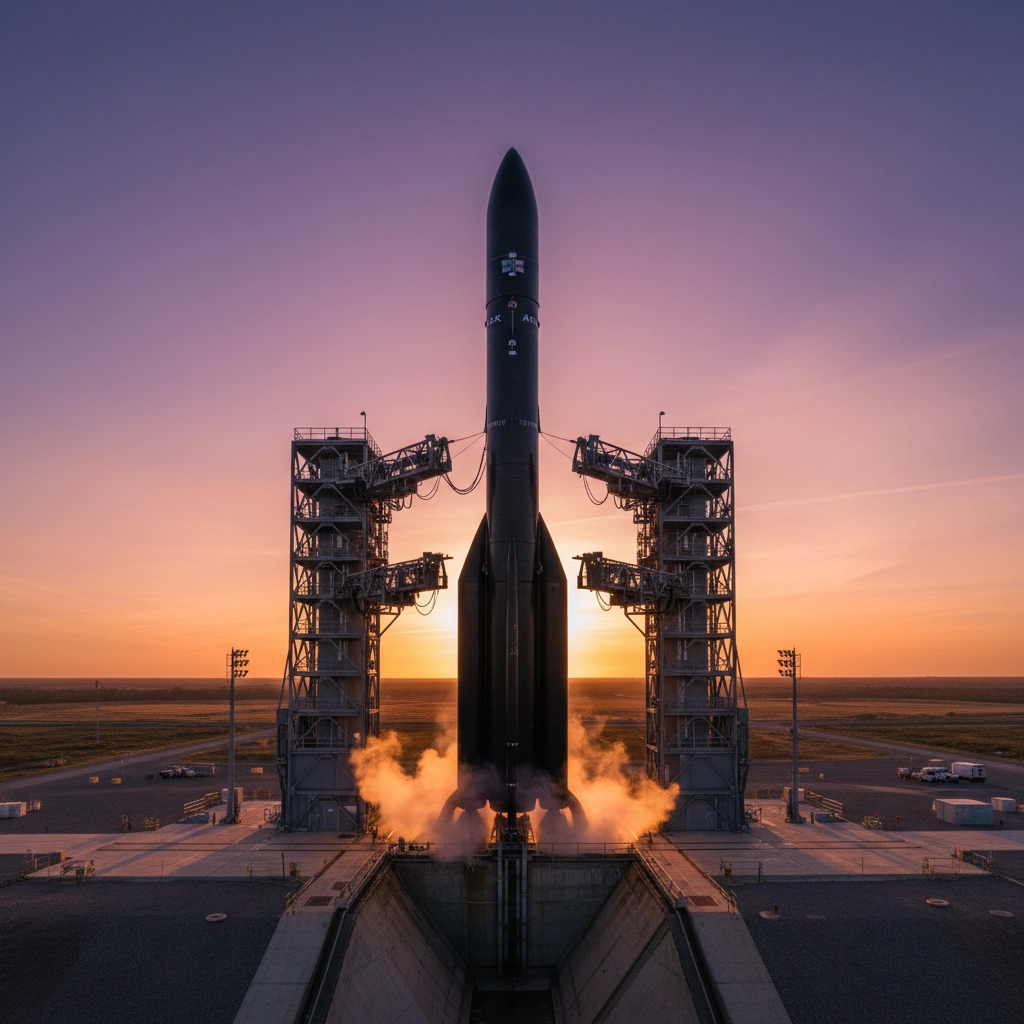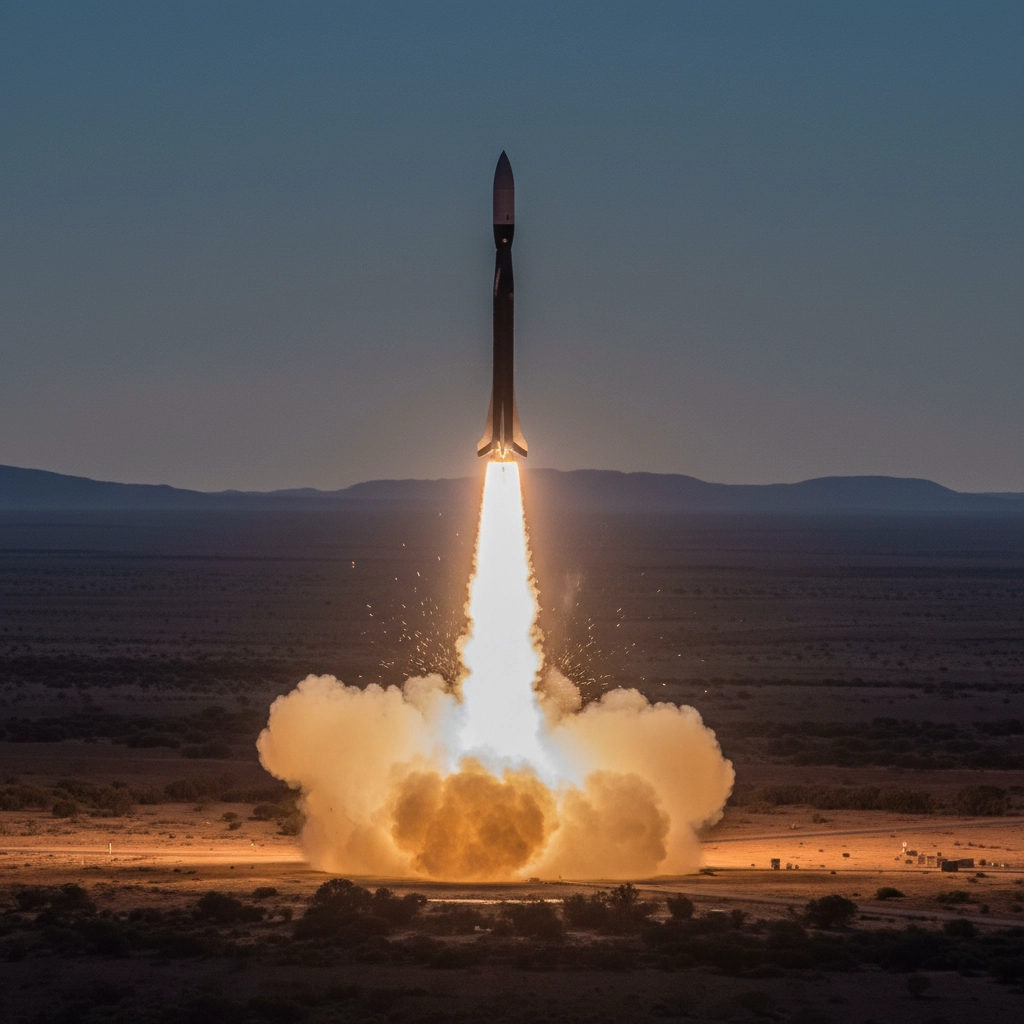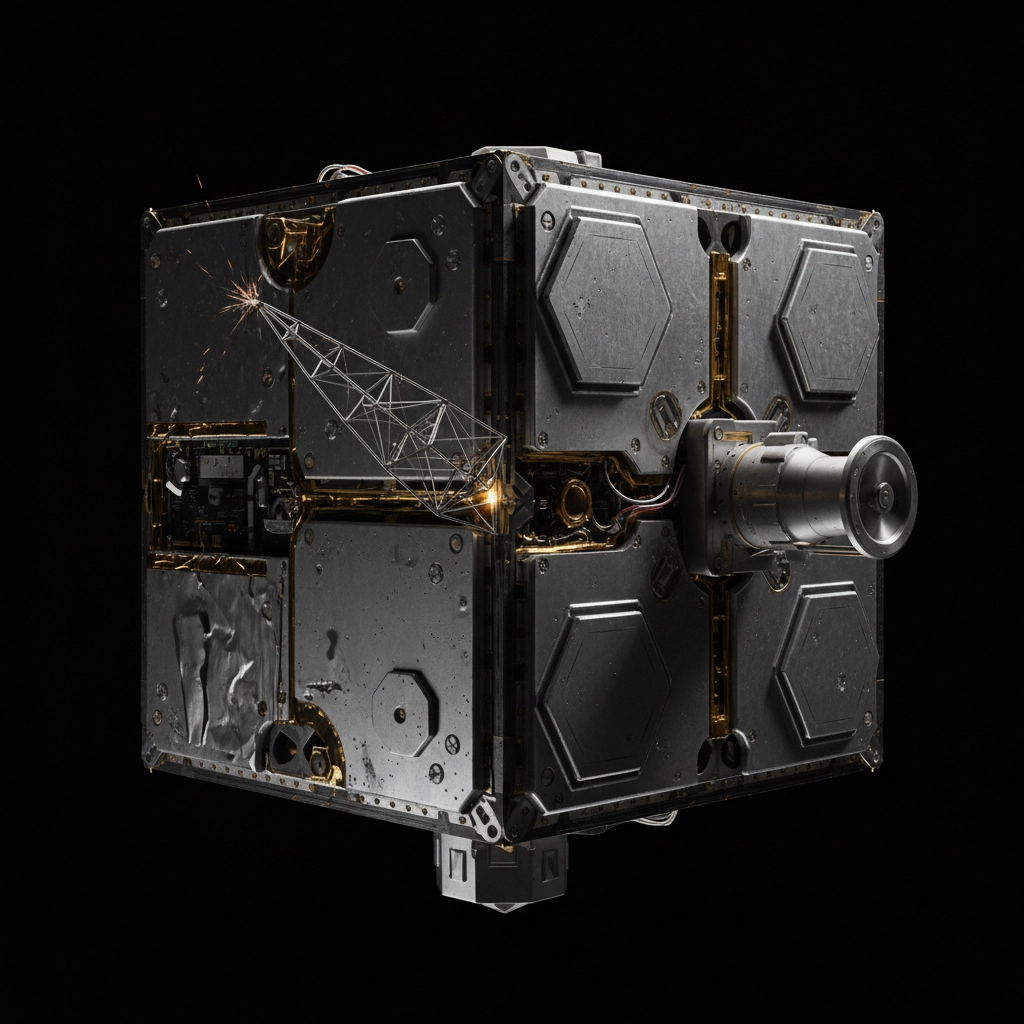Have you ever wondered what it feels like to make history? On October 28, 1971, Britain did exactly that when it launched the Prospero satellite into orbit, cementing its place in Britain space history as the sixth nation to achieve independent orbital launch capability. Today, 54 years later, this remarkable achievement continues to inspire space enthusiasts and adventurers around the world.
The story of Prospero isn't just about rockets and satellites, it's about human ambition, the thrill of exploration, and the relentless pursuit of reaching for the stars. As we look back on this pivotal moment, we're reminded that space exploration has always been about pushing boundaries and daring to dream bigger.
The Dawn of Britain's Space Ambitions
Long before private space tourism became a reality, Britain was quietly building its space program from the ground up. The journey began in 1952 when the British government launched its official space program during the height of the Cold War. However, the real excitement started a decade later.
Picture this: April 26, 1962, Cape Canaveral. Britain's first satellite, Ariel 1, soared into space aboard an American rocket. Although it wasn't launched by British technology, this moment marked Britain's entry into the exclusive club of space-faring nations, making it the third country after the United States and Soviet Union to operate a satellite.

But here's where the story gets truly thrilling, Britain wasn't content to rely on others forever. The nation had bigger plans, bolder dreams, and an unshakeable determination to reach space on its own terms.
Black Arrow: Britain's Bold Rocket Program
Enter the Black Arrow program, Britain's audacious attempt to develop its own space launch capability. This wasn't just about national pride; it was about independence, innovation, and the pure adventure of pioneering new frontiers.
The Black Arrow rocket was a three-stage beast, standing tall with the promise of carrying British satellites into orbit using purely British engineering. The program represented everything adventurous about space exploration: calculated risks, cutting-edge technology, and the unwavering belief that anything was possible.
However, the path to success wasn't smooth. The program faced its share of setbacks, including the failed X-2 mission that didn't quite make it to orbit. But as any space adventurer knows, failure is just another step on the journey to greatness.

October 28, 1971: The Historic Launch
Now imagine standing in the Australian outback at Woomera, watching history unfold before your eyes. At 04:09 UTC on October 28, 1971, the Black Arrow R3 rocket thundered to life, carrying with it the hopes and dreams of an entire nation.
The Prospero satellite (officially known as X-3) was more than just a piece of technology: it was Britain's ticket to Britain space history. As the rocket climbed higher into the sky, it carried with it the excitement of breakthrough achievement and the thrill of exploration that defines all great space adventures.
But here's where the story gets even more incredible: Prospero almost didn't make it. During deployment, the final Waxwing stage struck the satellite, severing one of its four radio antennae. Yet despite this dramatic setback, the mission succeeded spectacularly, proving that sometimes the most memorable adventures are the ones where everything doesn't go exactly as planned.

What Made Prospero Special
What made Prospero truly extraordinary wasn't just that it reached orbit: it was what it represented for the future of space exploration. This satellite was designed to test crucial communications technologies that would later become fundamental to how we connect across the globe.
Think about it: every time you make an international call, stream content from another continent, or navigate using GPS, you're benefiting from the pioneering work that satellites like Prospero helped develop. The adventure of space exploration has always been about improving life here on Earth while satisfying our innate curiosity about what lies beyond.
Prospero also demonstrated something incredibly important for today's space tourism industry: that with determination, innovation, and the right team, seemingly impossible dreams can become reality. The same spirit that drove Britain to develop the Black Arrow program now fuels companies like Blue Origin to make space accessible to everyday adventurers.
The Bittersweet End and New Beginnings
Here's where the story takes an unexpected turn. By the time Prospero successfully reached orbit, the British government had already decided to cancel the Black Arrow program. The reasoning? Foreign launchers were considered more cost-effective. In one of the most bittersweet moments in Britain space history, the program's greatest success became its final mission.
The unused Black Arrow R4 rocket now stands as a monument in London's Science Museum: a reminder of what was achieved and what might have been. Yet this apparent setback actually opened new doors for British space exploration.
Instead of retreating from space, Britain pivoted toward collaboration and innovation. The country became a founding member of the European Space Research Organisation, which eventually evolved into the European Space Agency (ESA) in 1975. This collaborative approach has proven incredibly successful, allowing British expertise to contribute to some of the most exciting space missions of the past five decades.

Britain's Space Legacy Today
Fast-forward to today, and Britain's space sector is absolutely thriving. The country has become the second-largest producer of small satellites globally, right after California. This isn't just about manufacturing: it's about innovation, adventure, and pushing the boundaries of what's possible in space.
The UK Space Agency, established in 2010, now coordinates the nation's space activities and drives cutting-edge research. From developing revolutionary propulsion systems to creating the next generation of Earth observation satellites, Britain continues to make its mark on space exploration.
What's particularly exciting is how this innovation connects to the growing space tourism industry. The same technologies being developed in British laboratories and factories today are helping make space more accessible to adventurous travelers. Companies are working on everything from space hotels to lunar exploration missions: concepts that seemed like pure science fiction when Prospero first launched.
The connection to modern space tourism is clear when you consider developments like Haven-1 space hotel, which represents the kind of ambitious thinking that has always characterized British space endeavors.
A Satellite Still Soaring
Perhaps the most incredible part of the Prospero story is that it's still being written. More than five decades after its launch, Prospero continues to orbit Earth, visible to anyone with the right equipment and knowledge of where to look. This tiny piece of Britain space history has completed hundreds of thousands of orbits, witnessing the transformation of our planet and the evolution of space exploration.
Every time Prospero passes overhead, it's a reminder that the adventure of space exploration never really ends. It continues with each new mission, each breakthrough in technology, and each person who looks up at the night sky and wonders what it would be like to experience space firsthand.

The Future of British Space Adventure
Today's space tourism industry owes a debt to pioneers like the Prospero team. Their willingness to take risks, push boundaries, and pursue seemingly impossible goals laid the groundwork for an era where space travel is becoming accessible to ordinary people with extraordinary dreams.
The spirit of adventure that drove Britain to develop the Black Arrow program continues to inspire new generations of space entrepreneurs and adventurers. From private astronaut missions becoming routine to innovative space tourism experiences, the future that Prospero helped make possible is finally arriving.
As we celebrate 54 years since this historic achievement, we're reminded that space exploration has always been about more than just technology: it's about the human spirit of adventure, the desire to explore the unknown, and the belief that the next great discovery is always just one launch away.
The story of Prospero proves that with vision, determination, and a willingness to take calculated risks, incredible adventures await those brave enough to reach for the stars. And who knows? Perhaps the next chapter in Britain space history will include your own space adventure story.
Are you ready to be part of the continuing adventure that Prospero began 54 years ago? The cosmos is waiting, and the journey has never been more exciting than it is right now.
